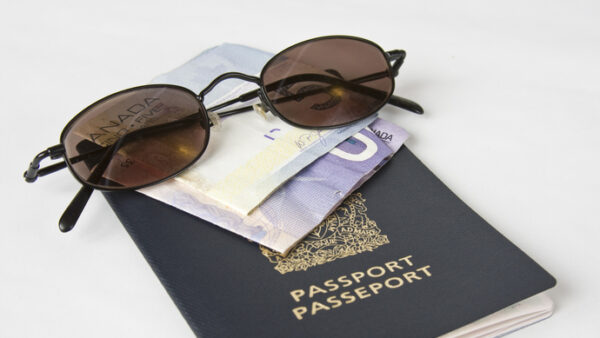Today, March 21, the European Commission approved Bayer-Monsanto acquisition on the conditions of divesting entities where overlap exists, specifically in seeds, pesticides and digital agriculture. This is an “extensive remedy package,” as reported in the announcement by the European Commission, and this transaction creates the largest global integrated seed and pesticide player.
“We have approved Bayer’s plans to take over Monsanto because the parties’ remedies, worth sell over 6 billion euros, meet our competition concerns in full,” says Commissioner Margrethe Vestager, who’s responsible for the competition policy. “Our decision ensures that there will be effective competition and innovation in seeds, pesticides and digital agriculture markets also after this merger.
“In particular, we have made sure that the number of global players actively competing in these markets stays the same. That is important because we need competition to ensure farmers have a choice of different seed varieties and pesticides at affordable prices. And we need competition to push companies to innovate in digital agriculture and to continue to develop new products that meet the high regulatory standards in Europe, to the benefit of all Europeans and the environment.”
Now Bayer has received approvals for the transaction from substantially more than half of the some 30 regulatory authorities, including those in Brazil and China.
In its proposal, Bayer recommended that BASF purchase the bulk of the “remedy package,” which includes:
- They remove all of the parties’ existing overlap in seed and pesticides markets, where concerns were raised, by divesting the relevant Bayer businesses and assets. This comprises nearly all of Bayer’s global broadacre seeds and trait business, including its R&D organization. This includes Bayer’s activities in oilseed rape, cotton, soybean and wheat and its entire trait business (both GM and non-GM). Furthermore, the vegetable seed brand Nunhems and its respective R&D organization will be divested by BASF is not the recommended purchaser.
- They cover Bayer’s global R&D organization for seeds and traits, as well as Bayer’s research activities to develop a challenger product to Monsanto’s glyphosate. They also cover certain Monsanto assets, which in future would have competed with a Bayer seed treatment against nematode worms. Bayer has committed to divest its glufosinate assets and three important lines of research for non-selective herbicides. The research forms part of the race to find challenger products for glyphosate. The divested assets would enable BASF, which doesn’t sell non-selective herbicides, to replicate the competitive constraint previously exercised by Bayer on Monsanto both in herbicides and in herbicide systems. The companies have also committed to divest to BASF Monsanto’s Nemastrike, allowing BASF to replicate the competitive restraint, which Monsanto would have exerted on Bayer absent the merger.
- Bayer committed to grant a license to its entire global digital agriculture product portfolio and pipeline products to ensure continued competition on this emerging market.
This Bayer-Monsanto remedy package, according to the commission, is the result of an in-depth investigation in which more than 2,000 different product markets were assessed and 2.7 million internal documents were reviewed. The commission concluded that the transaction as notified would have significantly reduced competition on price and innovation in Europe and globally on a number of different markets. The commission also had concerns that it would have strengthened Monsanto’s dominant position on certain markets, where Bayer is an important challenger of Monsanto. The commission believes the remedy package addresses these competition concerns in full.
The caveat: The Bayer-Monsanto transaction can only be implemented when the commission has completed its review of the proposed buyer, BASF. The commission must still assess whether the divestiture to BASF meets all purchaser requirements and if it creates any problematic overlaps or raises other competition concerns.













